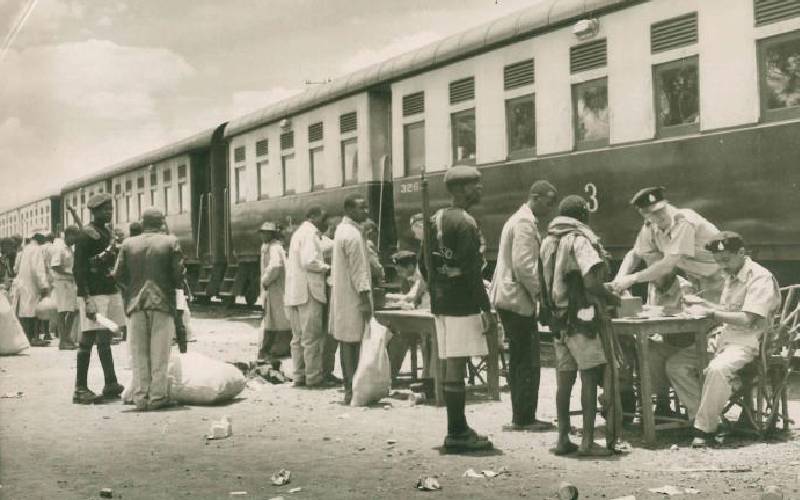×
The Standard e-Paper
Join Thousands Daily

Security screening at Thika during the colonial era. [File, Standard]
Back in the days when Uganda’s boundary extended to as far as Naivasha, it was considered suicidal for a Kenyan to cross over to the neighbouring country.